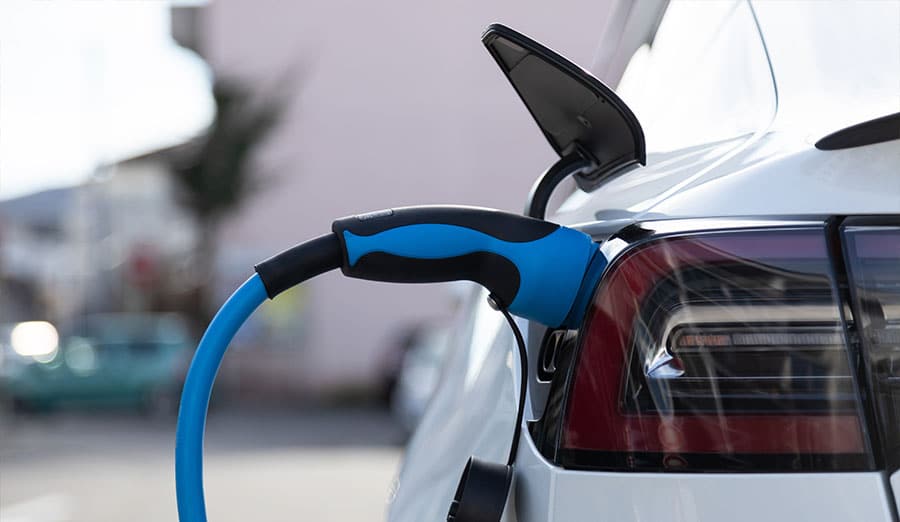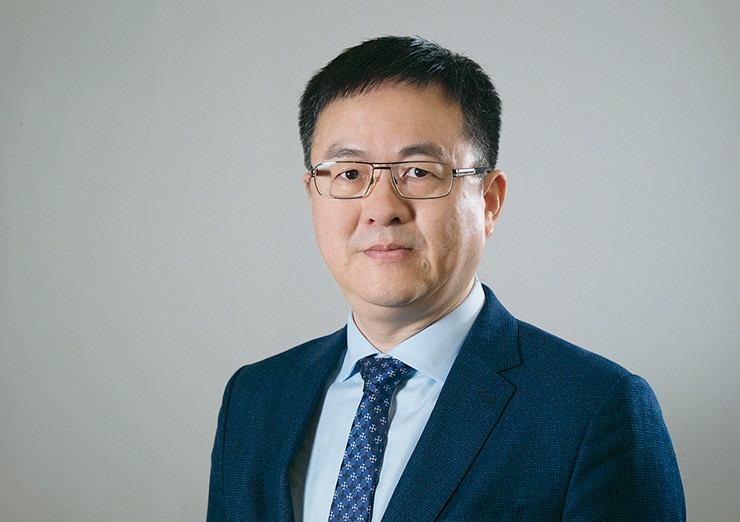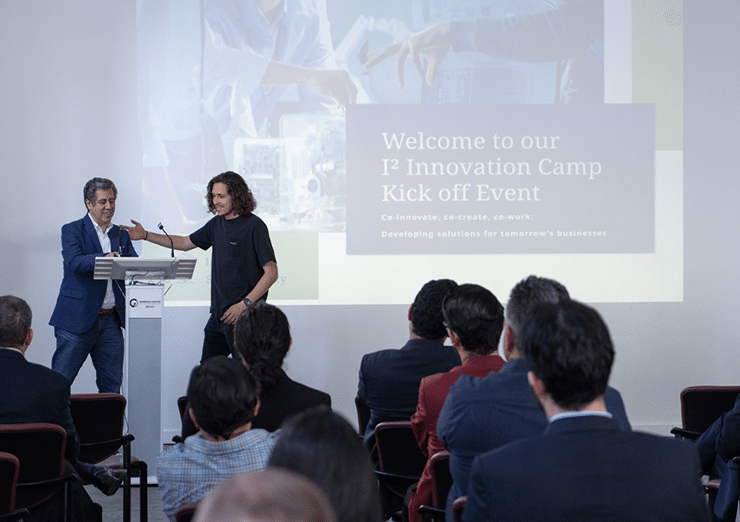China 30.60
New Mobility

Electrification, digitalisation and other megatrends of the automotive market
China is a global leader in new mobility solutions. Alternative drive technologies such as electric, hybrid and fuel cell drive systems can help decarbonise the transport sector, while innovative technologies such as smart transportation concepts can reduce mobility-related emissions.
The transformation towards zero-emission mobility offers great opportunities for German companies across value chains to modernize and develop new products and services. To be successful in the highly competitive Chinese market, German companies need to rethink the ways they do business, act fast, and take bold steps.
The seminar, held in October 2022, presented an overview of the automotive markets in China and Germany, mega trends of new mobility such as electrification and digitalisation, opportunities and challenges of the transformation, the importance of agility, and decarbonization in the automotive industry.
Three-pillar approach as an opportunity for German automotive suppliers
Ms. Stacy Dong, Trade and Policy Manager, German Association of the Automotive Industry (VDA) China, spoke about ‘New Mobility in the New Era of Automotive Industry’ and gave an overview of the automotive market situation in Germany and China. Then she introduced the mega trends of new mobility, namely electrification and digitalisation and the opportunities and challenges, such as cleaner energy with less dependency on fossil fuels, cleaner driving with less emissions in use phase, and more efficient traffic decision making, while also dealing with EV safety and performance and material recycling, and cybersecurity. Dong pointed out that German manufacturers are the driving force for electromobility in Europe and German brands still hold the biggest oversea market shares in China and many other export markets.
At the same time, Dong said that China’s 30.60 goals represent an ongoing challenge for German OEMs and suppliers. Automotive decarbonisation needs global solutions across entire value chains. It should be built on a three-pillar approach where manufacturers not only provide electric vehicles and intelligent and connected vehicles (ICV) as a green product, but also reduce the corporate carbon footprint by implementing green production processes (Scope I & II), and ensure green supply chains, incl. supplier selection, logistics, and more (Scope III).
Agile transformation as a key to success
Mr. Kai-Marcel Dodel, General Manager, ZF Transmissions Shanghai presented “Opportunities of the Transformation to Mobility 4.0” from a technology supplier perspective. He talked about next generation mobility and related opportunities and challenges, in particular those faced by a tier one automotive supplier. After discussing the pros and cons of different power sources and engines, e.g. battery, synthetic fuels, e-fuels, hydrogen, etc., Dodel talked about transformation in the automotive industry.
Considering the fast-changing market and increasing demand for innovative solutions on the way to the next generation of mobility, Dodel sees the agile transformation of companies as a key success factor. This includes four areas of transformation, i.e. product, flexible operations, digitalization and people.
Dodel’s suggestions for German companies also evolve around agility: take a positive glass-half-full approach; seek for new opportunities; set flexibility as priority; empower your team and supporters; and don’t get distracted by the “daily noise”.
Mr. Michael Chen, Partner, Ernst & Young, presented current market developments and its effects on the mobility sector. He outlined three elements that are redefining transportation and the automotive industry in China:
Digitization, CASE Mobility (Connected, Autonomous, Sharing and Electrification), and Smart City/Smart Car.
It became clear that the whole mobility industry is turning to be more digital, customer centric, and service oriented. Data is becoming the critical asset for transforming OEM’s traditional operation models and develop new technological applications.
An increasing number of smart cities are the platform to grow opportunities for IOT, AI, and Big Data. At the same time mobility concepts are expanding, e.g. micro mobility options represent an exciting, eco-friendly and affordable travel alternative.
Summarizing, Chen outlined diverse approaches to address the industry changes and utilize the ‘China opportunity’ on a company’s strategic chessboard. Digitization, CASE and Double-Smart developments are challenging companies’ strategic transformation, but at the same time offering manifold opportunities for new innovative initiatives.
Similar Contributions
More events
Have you met Kevin Tu?
We talked to the Managing Director of Agora Energy Transition China, and Senior Advisor China of Agora Energiewende.
German Centre Mexico connects corporates with startups
German Centre Mexico hosted its first I² Innovation Camp in 2023, a matchmaking program that connected its resident companies with startups from different industries.



